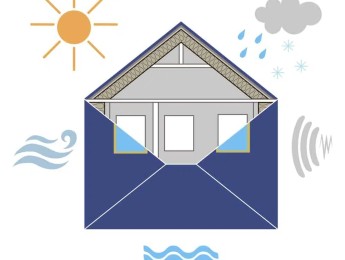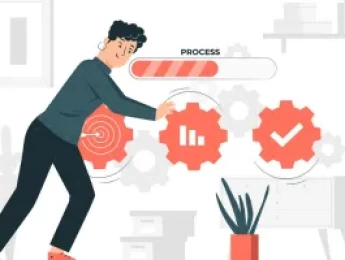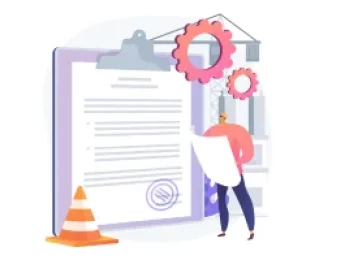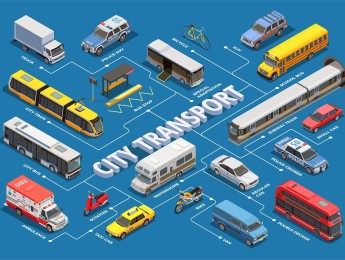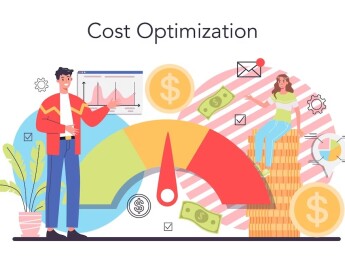With the focus shifting from designing and constructing new roads due to most countries already having an adequate road structure, most road management companies need to consider the adequate maintenance of existing roads to reduce costs and ensure productivity and continued traffic flow.
Businesses involved in road maintenance must consider the most productive, cost-effective, and safe ways to complete road maintenance and develop proficient systems to identify when road repairs are required.
Understanding this process and utilising effective human resource development and technology will allow for prioritising heavier trafficked areas and roads with more severe issues to ensure safety at all times. This will require any company to have its finger on the pulse and create new and innovative processes for road maintenance management.
Upon completion of this course, participants will be able to:
- Understand the essential aspects of road maintenance.
- Develop a productive team of road management planners.
- Execute road repairs in a productive manner in accordance with accurate data.
- Create a maintenance prioritisation matrix using technological tools.
- Develop a budget planning strategy to maintain the roads at a lower cost.
- Create sustainable repairs to future-proof your business.
- Understand how changes in technology can help you to move forward.
- Recover from financial issues caused by road maintenance failures.
- Understand and gain staff buy-in regarding the importance of road repair safety.
- Identify possible improvement options for your current plan and make changes to move forward and benchmark against competitors.
This course is designed for anyone involved in road structure, repairs or design and focuses on decision-makers regarding engineering, transport planning and technical development. It would be most beneficial for:
- Project Managers
- Financial Managers
- Planning Managers
- Change & Control Managers
- Traffic Engineers
- Civil Engineers
- Highway & Road Engineers
- Contractors and Road Consultants
- Traffic Researchers
- IT Professionals
This course uses various adult learning methods to help participants comprehensively understand road maintenance and budgeting.
Participants will watch real-world scenarios on the dangers of poor maintenance, discover technological tools, and find solutions to aid prioritisation and create budget planning methods based on accurate data.
Day 5 of each course is reserved for a Q&A session, which may occur off-site. For 10-day courses, this also applies to day 10
Section 1: The Lifecycle of a Road
- Road building and purpose.
- Keeping a road network inventory and the importance of updating changes.
- Why prevention of road deterioration is essential.
- Road maintenance management responsibilities.
Section 2: Consider Roads as an Asset
- The costs of road building.
- Road creation returns.
- Road classifications and how this affects costs.
- When preventative measures can save you money.
- Draining, distress, and loading evaluations.
Section 3: The Impact of Road Infrastructure & Maintenance
- Consider who each road affects.
- Road maintenance prioritisation for disabilities.
- Road emergency repairs.
- Creating a road survey and review.
- Communication plans to staff, stakeholders, and the public.
Section 4: Monitoring Repairs & Taking Action
- How to monitor the surface condition accurately.
- Road condition monitoring techniques.
- Variables when considering road deterioration.
- Weather, climate, and traffic flow considerations.
- Other factors affecting road surface lifetime.
- Pavement usage and rehabilitation after road repairs.
- Pavement recycling.
Section 5: Planning a Road Maintenance Project
- Proposals and projections for your road management plan.
- Accentuating your deliverables.
- Placing deadlines and working structure.
- Staff and rota planning.
- Equipment availability and delivery.
- Material expense - finding the best deal for quality products.
- Budgeting to keep your costs low but maintain quality and safety regulations.
Section 6: Road Maintenance Operations
- Weather conditions and how they affect the surface.
- Creating work zones and maintaining traffic flow.
- Your goals and performance measures.
- Designing your road and pavement resurfacing plan.
- Non-destructive data collection.
- Implementing pavement management systems.
Section 7: Road Construction - The Basics
- Pavement controls and condition.
- Basic distress mechanisms.
- How to resurface adequately.
- Discovering road surfaces.
- Hard shoulders and approaches and their regulations.
- Roadsides and pavements.
- How to navigate bridges, tunnels, and drainage structures.
- Crack sealing and patching.
- Recycling and asphalt overlays.
Section 8: Service Tools
- Uncovering essential technology to generate accurate data.
- Your prioritisation matrix.
- LIDAR systems.
- Keeping a road inventory through Point Cloud Data Collection.
- How Big Data can help.
- Auditing and revisiting.
- Automated patching equipment.
- Using an Intelligent Transport System (ITS).
Upon successful completion of this training course, delegates will be awarded a Holistique Training Certificate of Completion. For those who attend and complete the online training course, a Holistique Training e-Certificate will be provided.
Holistique Training Certificates are accredited by the British Assessment Council (BAC) and The CPD Certification Service (CPD), and are certified under ISO 9001, ISO 21001, and ISO 29993 standards.
CPD credits for this course are granted by our Certificates and will be reflected on the Holistique Training Certificate of Completion. In accordance with the standards of The CPD Certification Service, one CPD credit is awarded per hour of course attendance. A maximum of 50 CPD credits can be claimed for any single course we currently offer.
- Course Code IND04-106
- Course Format Classroom, Online,
- Duration 5 days




